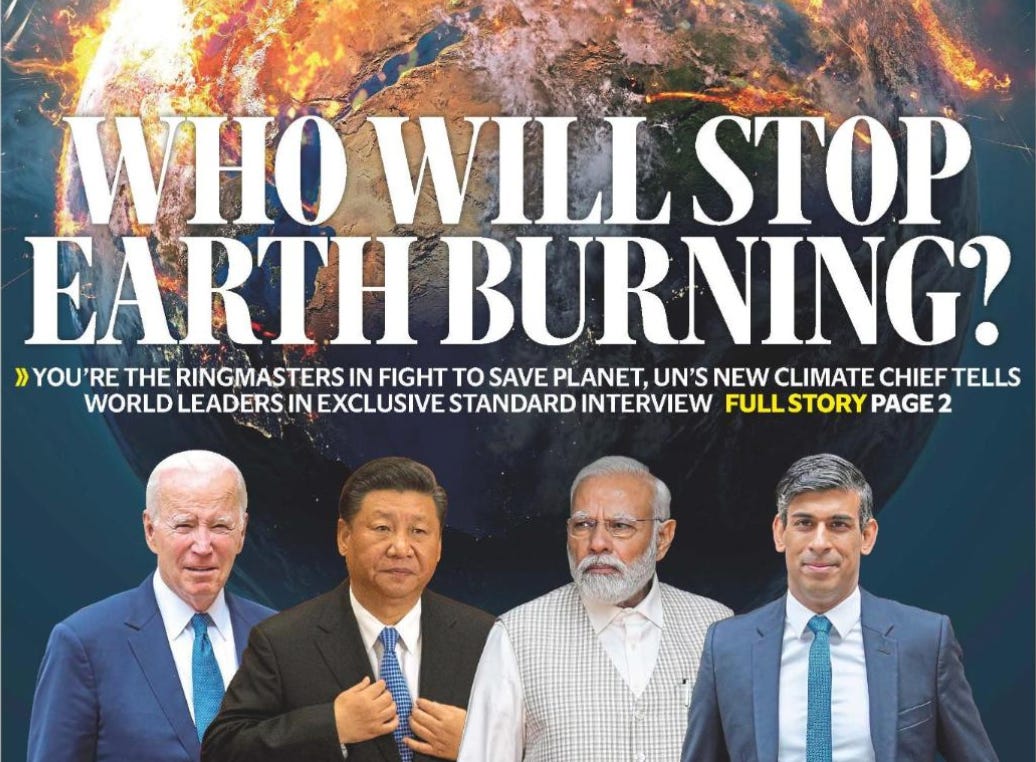Numerous influential public figures have recently been calling our attention to the dangers of climate change, arguing that we must take swift and drastic measures in order to bring climate warming and its knock-on effects under control. In a recent tweet, mayor of London Sadiq Khan wrote, “Our planet is on fire. We can be the generation of leaders who …
Keep reading with a 7-day free trial
Subscribe to THE FREEDOM BLOG to keep reading this post and get 7 days of free access to the full post archives.




